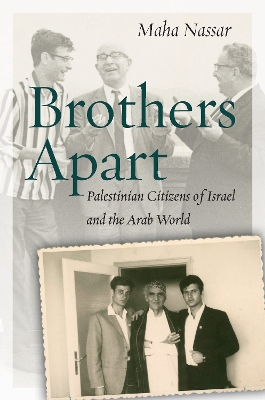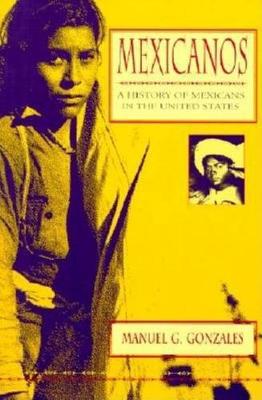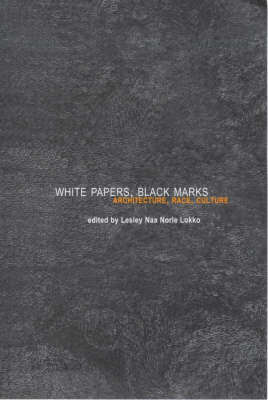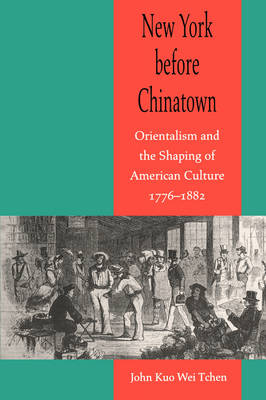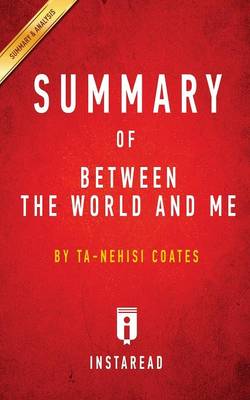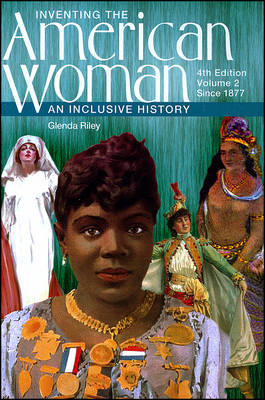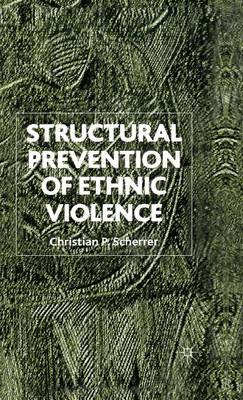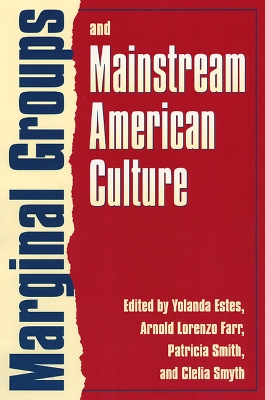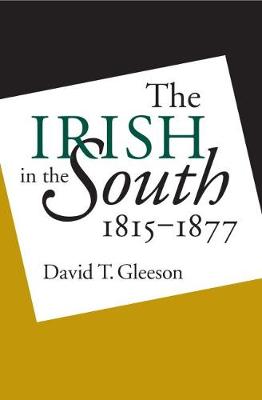Brothers Apart (Stanford Studies in Middle Eastern and Islamic Societies and Cultures)
by Maha Nassar
When the state of Israel was established in 1948, not all Palestinians became refugees: some stayed behind and were soon granted citizenship. Those who remained, however, were relegated to second-class status in this new country, controlled by a military regime that restricted their movement and political expression. For two decades, Palestinian citizens of Israel were cut off from friends and relatives on the other side of the Green Line, as well as from the broader Arab world. Yet they were no...
"Mexicanos" tells the rich and vibrant story of Mexicans in the United States. Emerging from the ruins of Aztec civilization and from centuries of Spanish contact with indigenous people, Mexican culture followed the Spanish colonial frontier northward and put its distinctive mark on what became the southwestern United States. Shaped by their Indian and Spanish ancestors, deeply influenced by Catholicism, and tempered by an often difficult existence, Mexicans continue to play an important role in...
White Papers, Black Marks
These essays explore the various ways in which race is manifested in the built environment and shapes the understanding of space and place. The analysis of both theory and practice reveals how race has always been architecture's subject matter.
From George Washington's desire (in the heat of the Revolutionary War) for a proper set of Chinese porcelains for afternoon tea, to the lives of Chinese-Irish couples in the 1830s, to the commercial success of Cheng and Eng (the "Siamese twins"), to rising fears of the "heathen Chinee", this work offers a look at the role Chinese people, things and ideas played in the fashioning of American culture and politics. Piecing together various historical fragments and ancedotes from the years before Ch...
Borders and Debordering
Borders / Debordering: Topologies, Praxes, Hospitableness engages from interdisciplinary and transnational perspectives some of the most important issues of the present, which lay at the intersection of physical, epistemological, spiritual, and existential borders. The book addresses a variety of topics connected with the role of the body at the threshold between subjective identities and intersubjective spaces that are drawn in ontology, epistemology and ethics, as well as with borders inscrib...
An Inventory of the Mission Indian Agency Records
by James Young, David Tanenbaum, and Dennis Moristo
Blackness and Modernity: The Colour of Humanity and the Quest for Freedom
by Cecil Foster
Hip Hop Desis explores the aesthetics and politics of South Asian American (desi) hip hop artists. Nitasha Tamar Sharma argues that through their lives and lyrics, young "hip hop desis" express a global race consciousness that reflects both their sense of connection with Blacks as racialized minorities in the United States and their diasporic sensibility as part of a global community of South Asians. She emphasizes the role of appropriation and sampling in the ways that hip hop desis craft their...
The policy reports featured are expertly researched and written, showing all sides of an issue. Chapters follow a set template, exploring 3 issue questions, then offering background, the current situation, and a look ahead, as well as featuring a yes-no debate box. All issues include a chronology, bibliography, photos, charts, and figures.
Thoughtfully re-edited with the student reader in mind and featuring expanded coverage of women in the military, women's healthcare, divorce, and women of colour - especially Spanish speaking, American Indian, African American, and Asian American - this well-balanced interpretive account of women's experiences as they shaped and were shaped by American history resounds as a remarkable feat of insight and inclusion.
A Third World Proletariat? (Controversies in sociology, #11)
by Peter Lloyd
One of the basic problems of emerging nations is how to determine what factors are involved in the process of change in modernizing the legal system using customary law as the basis. How do old rules become obsolete and new rules institutionalized? In which domains of litigation do legal concepts, based on principles of Western jurisprudence, become relevant? In which domains of litigation do indigenous rules on non-Western customary law persist? In the more than fifty tribes of Kenya, customary...
Characteristics of Negro Expression (The Macat Library)
by Mercedes Aguirre and Benjamin Lempert
Today, ethnic violence accounts for the majority of the world's conflicts. The question is how ethnic difference is to be recognized. The task is to pre-empt destructive forms of interaction between states and peoples. Autonomy arrangements have, since the 1920s, helped to resolve ethno-national conflicts in Europe. Measures include cultural independence and political representation. Outside Europe, the demand for self-governance led to a deepening of the classic form of minority protection. Fed...
Marginal Groups and Mainstream American Culture (Feminist Ethics)
They are often portrayed as outsiders: ethnic minorities, the poor, the disabled, and so many others--all living on the margins of mainstream society. Countless previous studies have focused on their pain and powerlessness, but that has done little more than sustain our preconceptions of marginalized groups. Most accounts of marginalization approach the subject from a distance and tend to overemphasize the victimization of outsiders. Taking a more intimate approach, this book reveals the persona...
A comprehensive study of Irish immigrants in the 19th-century American South, this book seeks to make a valuable contribution to the story of the Irish in America and to our understanding of southern culture. The Irish who migrated to the Old South struggled to make a new home in a land where they were viewed as foreigners and were set apart by language, high rates of illiteracy, and their own self-identification as temporary exiles from famine and British misrule. They countered this isolation...
How should democratic societies define justice for cultural minority groups, and how might such justice be secured? This book is a nuanced and judicious response to a critical issue in political theory—the challenge of according equal respect and recognition to minority groups and accommodating their claims for special cultural rights and arrangements.Monique Deveaux contends that liberal theorists fail to grant enough importance to identity and the content of cultural life in their attempts to...

